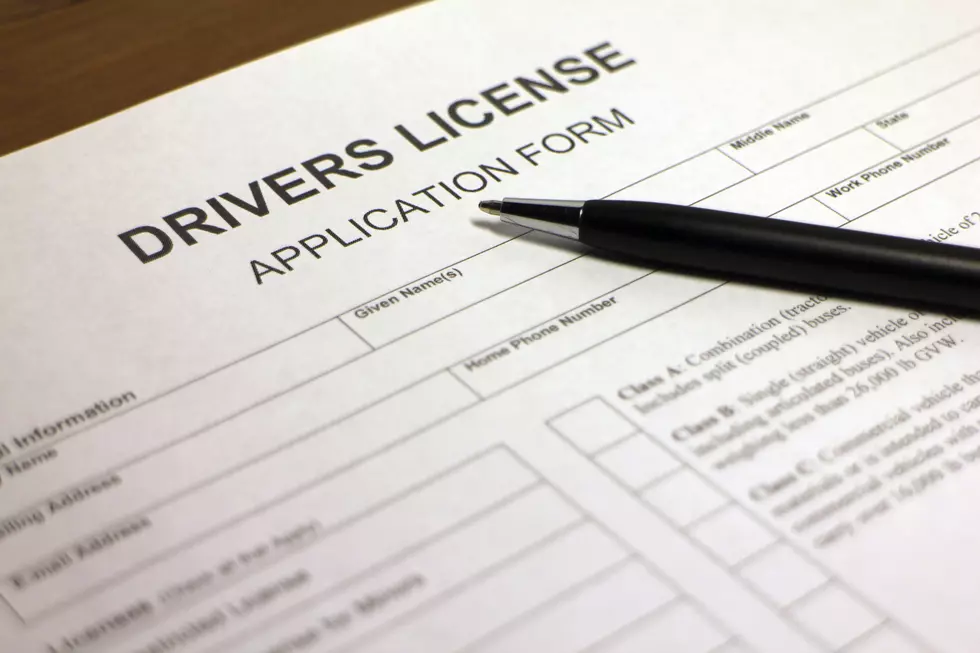![Christie Hails Immigrant Tuition Law as Equalizer [VIDEO]](http://townsquare.media/site/385/files/2014/01/CHRISTIE.png?w=980&q=75)
Christie Hails Immigrant Tuition Law as Equalizer [VIDEO]
Gov. Chris Christie signed a bill Tuesday granting in-state tuition to immigrant students who lack legal status, hailing it as a way to equalize opportunities and as a pragmatic step toward getting a better taxpayer return on investment in education.
The legislation extends cheaper in-state tuition rates to students who were brought illegally to the U.S. as children, have attended at least three years of high school in the state and earned a high school or equivalency diploma, among other criteria.
Flanked for the ceremonial signing by state Hispanic leaders, a bipartisan show of support, and a gymnasium full of students at a school in the heavily Hispanic northern New Jersey town Union City, Christie said the move made financial sense for the state.
"The taxpayers of this state are making an enormous investment in these young people," Christie said, citing the $17,700 average invested per year in every New Jersey public school student, regardless of their legal status. "The question is, do we want to maximize that investment through giving them nothing more than an opportunity?"
Christie signed the bill privately last month, the day after the Legislature agreed to drop financial aid eligibility for the students.
In-state tuition is significantly cheaper than out-of-state rates. At Rutgers, the state's flagship public university, the in-state tuition is $10,700 annually -- $14,000 less than the out-of-state cost. Full-time students also pay nearly $3,000 in fees, and room and board are extra.
New Jersey is one of at least a dozen states that have passed such a law. Similar legislation, often known as the Dream Act, has stalled at the federal level.
Advocates who have been pushing for the legislation in New Jersey for more than a decade said the bill's passage, after being stripped of the financial aid provision, left them with mixed feelings.
"We're here to celebrate it as a first step," said Catalina Adorno, whose parents brought her and her brother from Mexico as children when they emigrated illegally. "On the one hand, I'm excited to have in-state tuition for `dreamers' after so many years, but the reality is, in Union City, where I grew up, many students can't afford to go without financial aid."
About 550,000 people in New Jersey, or 6 percent of the state's population, are in the U.S. illegally, a 2011 Pew Hispanic Center report found.
Advocates for DREAM Act-style legislation say such bills haven't led to a significant surge in enrollment because many eligible students are unable to afford college, even at in-state rates.
(Copyright 2014 by The Associated Press. All Rights Reserved.)
More From New Jersey 101.5 FM





![Helping NJ Residents in Flood Zones [AUDIO]](http://townsquare.media/site/385/files/2014/01/1702901141.jpg?w=980&q=75)
![Is a Gas Tax Hike in NJ’s Future? [AUDIO]](http://townsquare.media/site/385/files/2012/07/GasPump.jpg?w=980&q=75)
![Christie Reacts to Bridgegate Testimony [POLL/AUDIO]](http://townsquare.media/site/385/files/2014/05/drewniak-hearing-1B.jpg?w=980&q=75)
![Christie Calls Possible Bush Run ‘Stressful’ [VIDEO]](http://townsquare.media/site/385/files/2014/05/photo-4.jpg?w=980&q=75)
